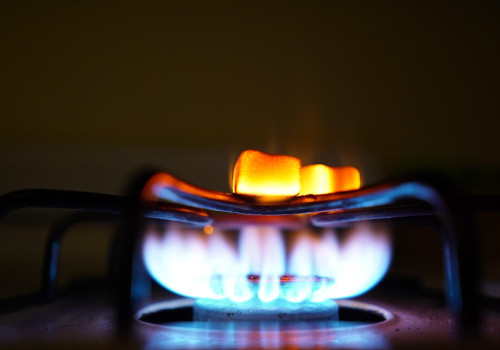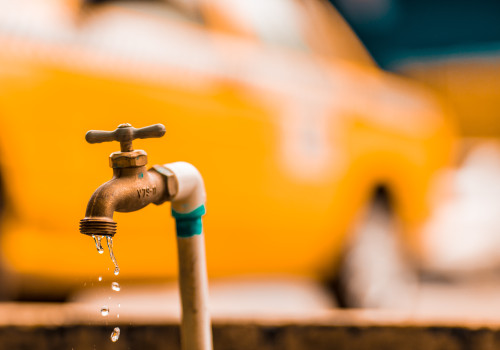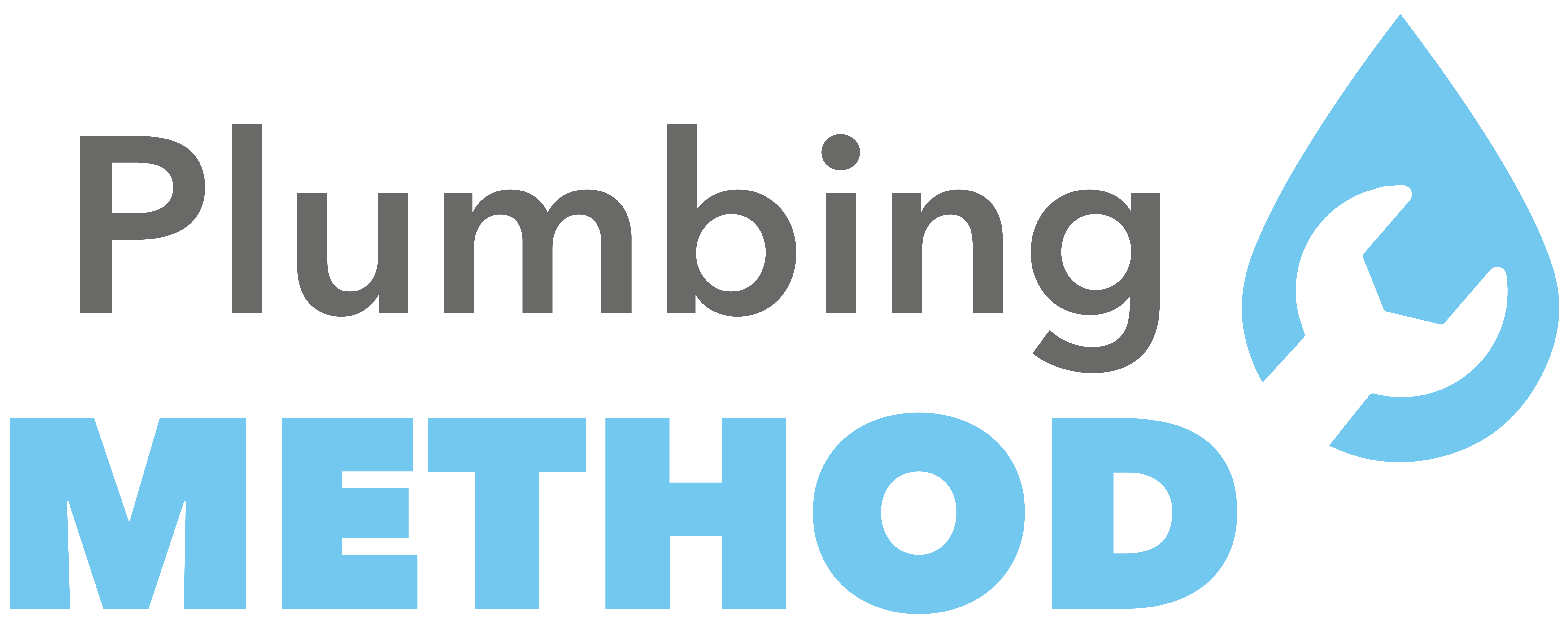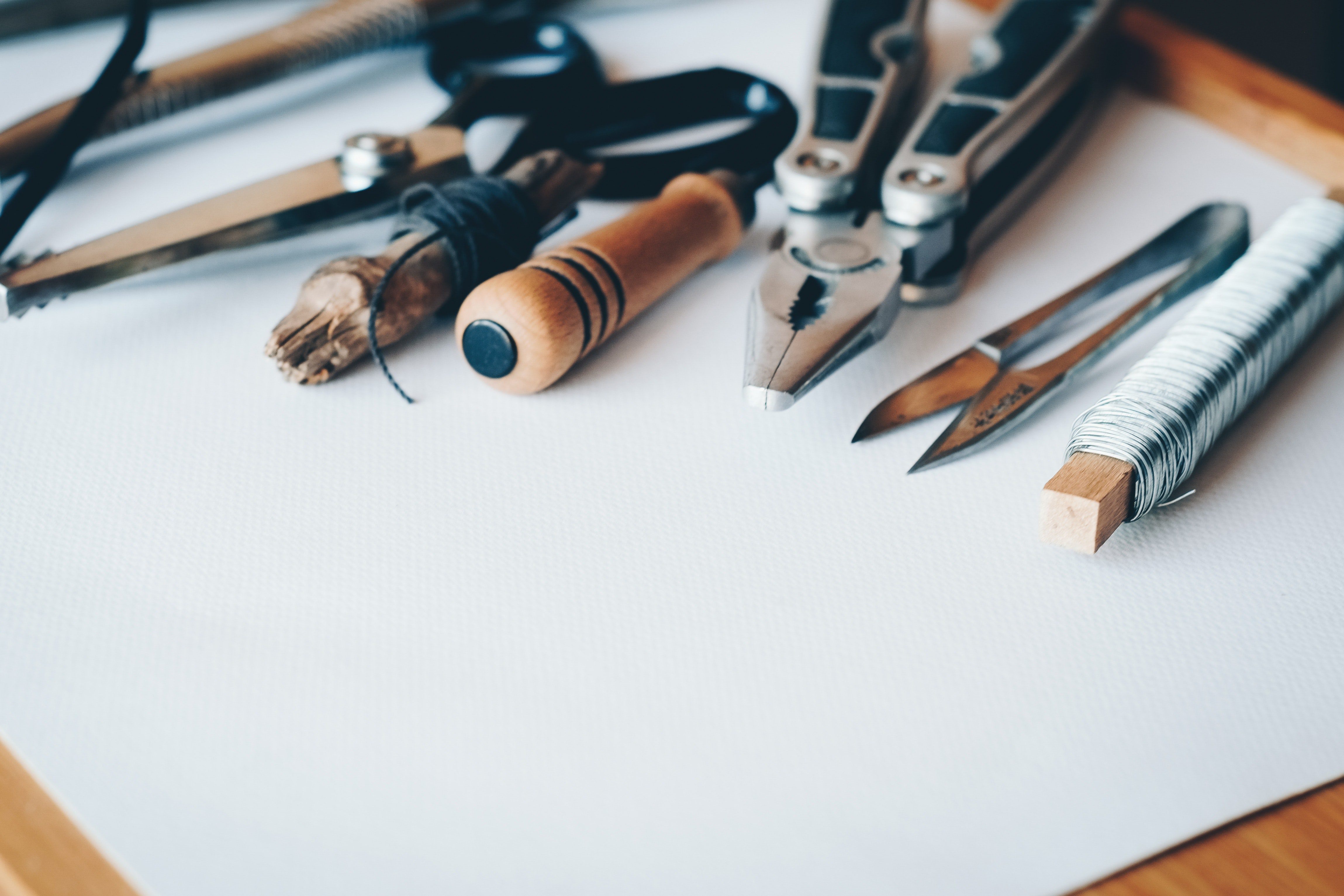Establish a connection with a plumbing company that has the tools and the training for natural gas leak detection in Southern California. We specialize in everything from leak detection to gas leak repairs. Our technicians are also capable of lighting a pilot, installing an earthquake gas shut off valve, and replacing gas lines. When the time comes for repiping an entire system and fixing gas leaks, we are the ones to turn to.
Preventing Hazardous Living Conditions
Gas
Piping allows the flow of natural gas to enter the home and power certain appliances and features of the house, including the stove and some fireplaces. When issues persist with gas lines, not only will your appliances not work as expected, but gas leaks can potentially cause a dangerous situation for all inhabitants inside. To prevent worry and stress in your home life, be sure to choose Plumbing Method for a professional and seamless gas repiping project.
Why Gas Repiping?
- Increased Gas Output/Pressure
- Reduced Danger
- Decreased Chance of Leakage
- Eliminates Total Gas Shortage
- Ability to Multitask Appliances
- Can Run Stove and Fireplace at the Same Time
Why Does Your Home Have Low Gas Flow?
As galvanized or black iron gas pipes go old, rust and decay build up within the pipe, constricting the flow of gas. As less volume of gas is able to flow from your pipes, it becomes difficult to run multiple appliances at a time and ultimately impossible to run even a single appliance, much less a stove or water heater. At the same time that your gas flow is decreased, the rust buildup inside the pipes mingles together with the gas. This results in low gas pressure and affects the performance of the appliance. If you have ongoing low gas pressure in your house or you have multiple gas leaks, then it’s symptomatic that you have rusty gas pipes. The rust will eventually eat through your metal or galvanized pipes, and you will be facing a total gas shortage, causing your heating appliances to not work at all. A gas repipe is the answer to these issues. Call us today and let our experts give you a free in-home estimate. We will show you how we can repipe your home or commercial building the right way, and for less money – guaranteed. Be sure and contact us for full guarantee details. We are the know-how experts to improve your gas flow.
How To Recognize And Respond To A Natural Gas Leak
Spotting a dry patch of grass in your yard is one of many signs of a potential gas leak. That’s why you
should rely on all of your senses:
Look
- A damaged connection to a gas appliance
- Dirt or water being blown into the air
- Dead or dying vegetation (in an otherwise moist area) over or near pipeline areas
- A fire or explosion near a pipeline
- Exposed pipeline after an earthquake, fire, flood, or another disaster
Listen
An unusual sound, such as a hissing, whistling or roaring sound near a gas line or appliance
Smell
The distinctive odor of natural gas
Some people may not be able to smell the odor because they have a diminished sense of smell, olfactory fatigue (a normal and temporary inability to distinguish an odor after prolonged exposure to the smell of gas), or because the odor is being masked or hidden by other odors that are present. These odors can include the smells from cooking, along with damp, musty or chemical odors. In addition, certain conditions in the pipe or soil can cause odor fade – the loss of odorant so that it is not detectable by smell.
What To Do If You Suspect A Gas Leak
If you smell a natural gas odor, hear the hissing sound of gas escaping or see other signs of a leak:
REMAIN calm.
DON’T light a match, candle or cigarette.
DON’T turn electrical appliances or lights on or off or use any device that could cause a spark.
DON’T call from within the house or building.
IMMEDIATELY EVACUATE the area, and from a safe location, call SoCalGas at 1-800-427-2200, 24 hours a day, seven days a week; or call 911.
Repiping is the procedure of replacing existing pipes in a building or home. Most structures built 55
or more years ago contain galvanized gas pipes or zinc-coated iron pipes. When these pipes age, the zinc lining erodes way, triggering the formation of rust. The pipes must be replaced as soon as this
deterioration process begins. Do not wait until you start noticing gas leaks or a rotten egg smell. Once you see a gas leak or you smell the rotten egg in your house, that indicates that it’s time to react!
Give us a call to set up an inspection and our experts will explain to you the benefits of gas repipe and whole house gas leak detection. Seeing the signs of the possible leak or rotten egg smell means that you have a leak somewhere that needs to be fixed right away. Now, just a pipe repair on the leaking or broken gas pipe doesn’t necessarily mean that the problem is fixed forever, but if you consider the safety of your family and neighbors then a whole house gas line repipe is the best decision.
Contact us today to inspect your gas line and see if you need a repiping service, even if the pipe has
been repaired recently. Plumbing Method guarantees all of our work. For full details about our guarantee contact us today.
Gas Repiping With Plumbing Method
Gas repiping can provide benefits to your home and overall quality of life. For trusted and experienced repiping services in Southern California, be sure to contact Plumbing Method. We will help provide answers to your questions, as well as a free quote for your potential project!
Homeowners often encounter slab leaks,
rotten egg smell, pinhole leaks in pipes, low gas pressure or many other
symptoms brought on by corroded galvanized pipes. The worst of these
issues is the gas leak. If your home was built more than 40 years ago,
it has most likely been constructed using materials that are now known
to corrode over time. This corrosion leads to rust and debris buildup in
your gas pipes, deterioration, and eventually an uncontrollable gas
leak. Many times, these problems can only be solved with a gas repipe.


Simply put, drains were designed to drain water – and water isn’t always the only thing going down. Granted, there’s not always much you can do to avoid this. There are certain things you can do proactively to lessen the chance of a clog. Before we explore those options though, let’s take a look at three types of drains and some common reasons why they clog.
Kitchen Sink Drains
Kitchen sinks put up with a lot of abuse. Think about it… they endure grease, food products, paper products, and just about everything in between. It’s not hard to imagine why all of that stuff might lead to a clog every once in a while, especially if your sink drain has a smaller diameter than average drain pipe.
Bathroom Sink Drains
Bathroom sinks don’t have to deal with as many types of debris, but they do have to deal with an entirely different mess: human hair. Human hair has this nasty habit of clinging to everything it comes in contact with, including inside sink drains. Length is almost irrelevant. Long or short, your drain will clog if there’s enough hair.
Bathroom Tub Drains
Bathroom tubs have to deal with a lot of hair as well. They are also susceptible to many different kinds of bar soaps. Believe it or not, a tiny chunk of bar soap can last quite a while in a drain, especially if it starts building up. Between hair and soap, which are akin to brick and mortar, tub drains can clog easily if you aren’t careful.
These are some of the most common reasons your drain might get clogged. Other reasons include accidently dropping a foreign object into the drain (jewelry, contact lens case, cell phone, etc.). In other cases, the clog might be caused by the shape, length, and diameter of the pipes themselves. The more sharp turns and bends there are, and the smaller diameter the pipe is, the likelier you will experience consistent clogging issues.
Stopping and fixing a leaky pipe, while two very different processes, can prevent damage to your home, your time, and your wallet by temporarily or permanently resolving the problem at hand.
Stopping the Leak (The Temporary Solution)
Upon discovering a leak, stopping the leak should be your first priority whether the plumbing project necessary to fix it is big or small. Stopping a leak with the following steps prevents further water damage, the waste of more money, and makes replacing the pipe in the future a much simpler process.
Fixing the Leak (The Permanent Solution)
While stopping a leak with the steps above is a great temporary fix for small leaks, time sensitive projects, and inexperienced individuals, it does not guarantee a permanent fix to your water leakage problem. This is due to the fact that usually when one leak is fixed, other leaks will spring up in other places because the whole section of pipe needs replaced due to corrosion. Because of this, we first recommend that you immediately contact a professional plumber after temporarily stopping a leak.
One of the most common–and most upsetting–plumbing problems you can have in your home is when something goes wrong with your toilet. Whether that’s your toilet overflowing, running continually or leaks around the seal at the base of your fixture, toilet repairs are not something that you can postpone.
Common toilet repair issues
- Toilet continues to run. When your toilet continues to run, it’s likely that your float, refill tube and/or ballcock need to be replaced.
- There is water pooling around the base of your toilet. Water collecting on the floor at the base of your toilet usually means that the seal is wearing out and needs to be replaced.
- Phantom flushes. Phantom flushes, when the toilet flushes seemingly by itself at random intervals, is usually a sign that there’s a slow leak between the tank and the toilet bowl.
- The water is slow to fill the bowl. A toilet bowl that is slow to refill is a sign that there is debris clogging the plumbing leading to the toilet bowl.
- The toilet is clogged. Serious clogs require an industrial-size auger to push the debris that’s clogging the pipe down into the larger sewer pipe.
Fixing your toilet quickly and reliably requires the skill and training of a professional plumber. However, that doesn’t mean that you have to spend a fortune or have your house torn up for an extended period of time. To learn more about affordable, easy toilet repair solutions, call Plumbers today.
Basically, when something is obstructing the flow of water inside your drainpipe, it causes the water to drain slower than usual. This creates air bubbles inside the main drain and that’s the gurgle you hear.
What causes a partial clog?
There are a number of things that cause a blockage inside your plumbing system: hair, dirt, food, and soap particles are a few of many.
If you suspect the clog is minor and you know what you’re doing, you could try removing the clog using a plunger the right way. If a good plunge does the trick, nice job!
If this does not fix the problem, you probably have a heavy clog that requires the knowledge and tools of a trusted plumbing professional.
Important warning: Do NOT pour commercial drain cleaners down your drain—these chemicals contain toxic fumes and can seriously damage your pipes. Plus they usually only remove enough of the clog to get your drain running—and then clog again later.


